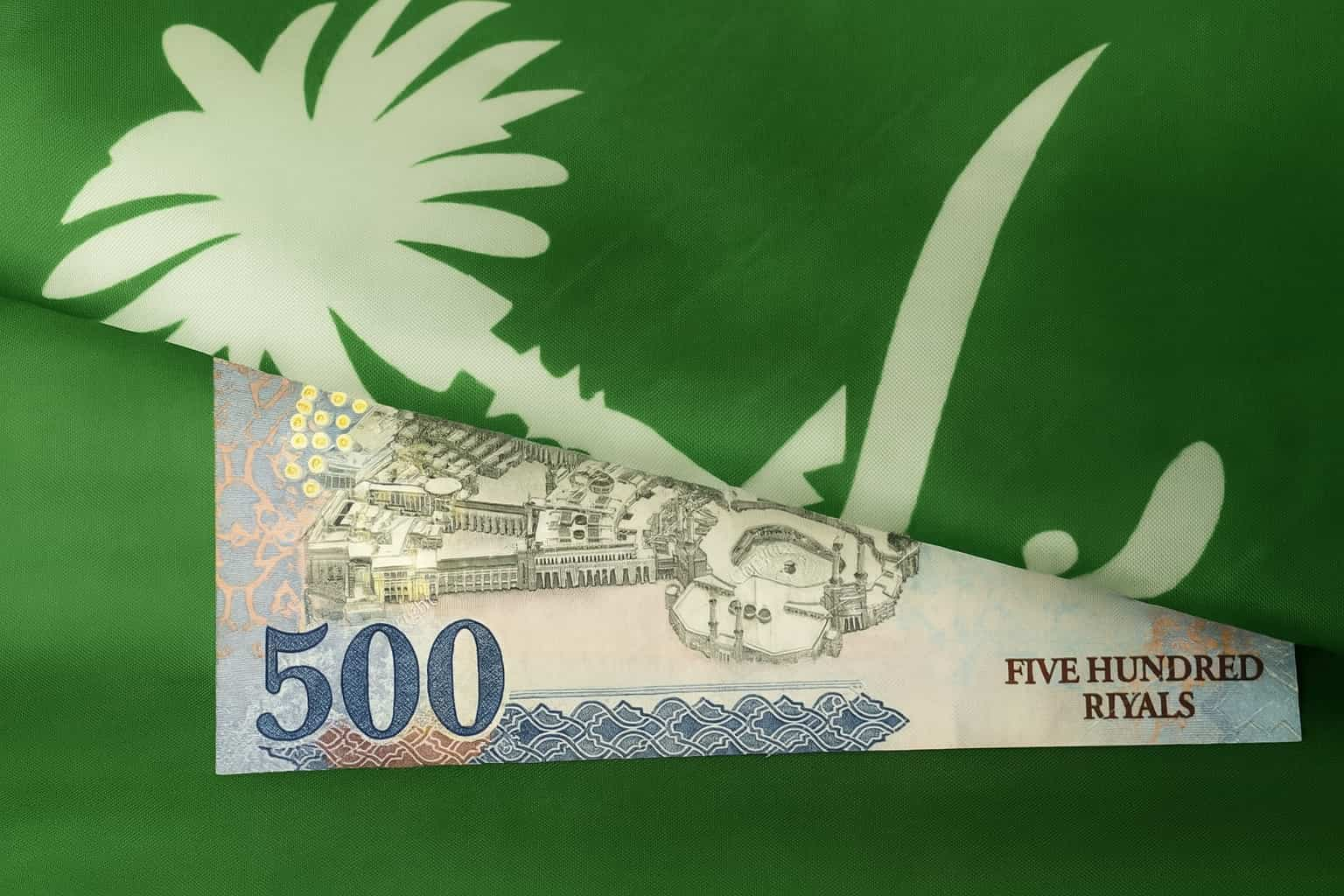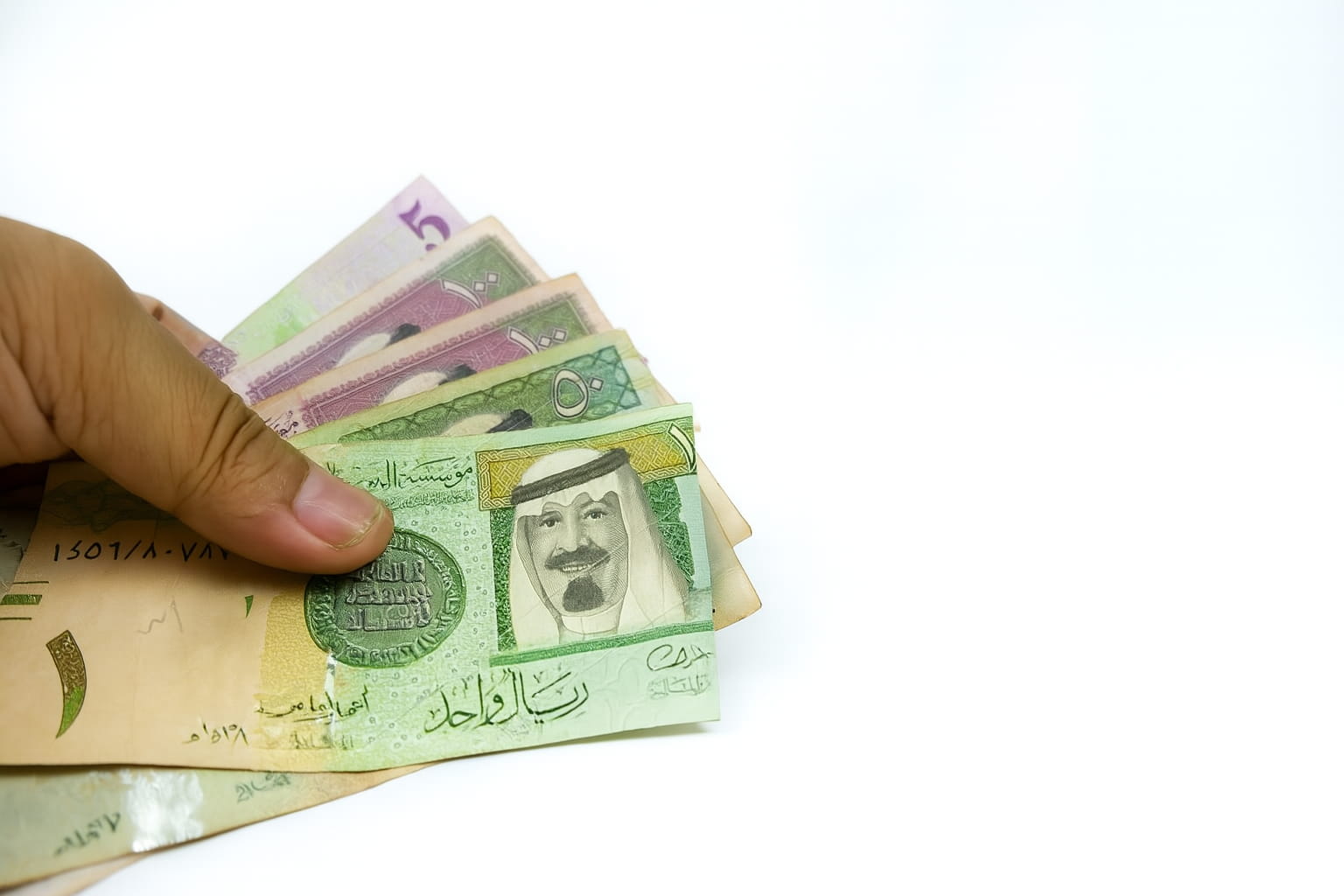In Saudi Arabia, VAT plays a vital role in supporting economic reform and reducing reliance on oil revenue. This article explores how VAT works, its implications for businesses and consumers, and the broader benefits it brings to the national economy.
VAT in Saudi Arabia: History, Current Rate & Key Changes
Value Added Tax became a formal part of Saudi Arabia’s tax landscape on January 1, 2018. It was introduced to diversify the country’s income sources and reduce dependency on oil revenue.
This significant step aligned with regional efforts to modernize financial systems and stabilize public finances.
Starting Point: The 5% Standard Rate
At launch, VAT was applied at a flat 5% rate to most goods and services. This modest rate was designed to ease the transition for both consumers and businesses.
It allowed the public to adapt to the new system while encouraging compliance from businesses.
Need help navigating value added tax in Saudi Arabia? Let specialists handle the details so you can manage your business with confidence and full compliance from day one. Contact Motaded Today.
Economic Reform Behind the Decision
Implementing VAT was more than a tax move; it was part of a larger economic vision.
It aimed to support national development, modernize fiscal management, and reinforce the government’s ability to deliver public services effectively without relying solely on oil exports.
The 2020 Turning Point: VAT Tripled
A major shift occurred in July 2020, when the VAT rate was raised to 15%. This change came during a time of global economic disruption, including the pandemic’s financial strain and reduced oil revenues.
The increase was positioned as a necessary measure to support fiscal sustainability.
A Temporary Measure That Still Stands
While the higher rate was described as temporary during its announcement, it remains in effect to this day.
No timeline has been confirmed for a potential rollback, as the current rate continues to support government initiatives and long-term fiscal planning.
Value Added Tax in Saudi Arabia Timeline: Key Milestones
Here’s a simple breakdown of how VAT has developed in Saudi Arabia:
- Mid-2016: A regional decision was made to adopt VAT.
- 2017: National legislation was passed to implement it.
- January 2018: VAT officially launched at 5%.
- May 2020: Announcement of the new 15% rate.
- July 2020: The 15% rate took effect.
Read about: Saudi Premium Residency: Eligibility, Benefits, Investment

What Is the VAT Rate Today?
The current VAT rate is 15%, which is applied broadly across the market. It affects a wide range of products, services, imports, and commercial transactions. Despite past discussions of lowering the rate, it remains unchanged as of now.
Zero-Rated and Exempt Categories
VAT is not a one-size-fits-all system. Some goods and services are zero-rated, meaning they are taxed at 0%, allowing sellers to reclaim input VAT. Common examples include exports, international transportation, and select medical items.
Other categories are exempt, meaning VAT is not charged, but sellers cannot reclaim input tax. These often include financial services, residential property rentals, and insurance products.
Recent Changes in VAT Policy and Compliance
As the VAT system matures, tax authorities have continued to refine how it operates. Some of the recent improvements include:
- Updated rules for group VAT registration.
- Clearer guidelines for e-commerce transactions.
- Streamlined handling of asset transfers between companies.
- Enhanced digital services for filing and payment.
These adjustments are designed to reduce confusion and help businesses operate with more transparency.
Why These Shifts Are Important for the Economy
Each change in VAT policy plays a role in strengthening the national economy. Here’s how:
- Supports non-oil revenue growth: Less reliance on global oil markets.
- Funds public services: Revenue goes toward infrastructure, healthcare, and education.
- Encourages transparency: Businesses are pushed to maintain clearer records and financial practices.
- Aligns with global standards: Ensures consistency with other major economies using VAT systems.
The story of VAT in Saudi Arabia is part of a broader economic transformation. Introduced with caution and then scaled up in response to global pressures, it remains a central pillar in building a more diverse and stable economy.
Whether you’re a small business or a multinational, staying informed about VAT obligations is essential.
Changes in rate, exemptions, and digital processes continue to shape how businesses operate and how the Kingdom funds its ambitious development goals.
If you're planning to expand or establish a business in Saudi Arabia, now is the time to ensure your VAT strategy is both compliant and efficient. Clear planning today will prevent costly errors tomorrow.
Streamline your VAT compliance in Saudi Arabia with expert guidance, ensure accurate filings, avoid penalties, and stay aligned with Motaded.
Taxed Supplies, Exemptions, and Registration Rules
Value Added Tax applies to most goods and services supplied or imported into Saudi Arabia. Here’s a breakdown:
- Retail products and consumer goods: This includes electronics, clothing, packaged food, and household items.
- Professional services: Consultancies, legal advice, marketing, and other service sectors where a fee is charged.
- Hospitality and entertainment: Restaurants, hotel stays, event services, and leisure facilities.
- Construction and real estate services: Except when residential rentals or sales may qualify for exemption.
- Domestic transportation: Local shipping, passenger travel, and related logistics services.
- Imported goods: All imports are generally taxed at the standard VAT rate at customs.
Essentially, any taxable good or service offered in Saudi markets qualifies for VAT unless explicitly stated otherwise under exemption or zero‑rated rules.
VAT-Exempt vs Zero‑Rated Supplies: What’s the Difference?
VAT‑Exempt Items
VAT-exempt goods and services are not taxable, and businesses cannot reclaim input VAT. Common exempt categories include:
- Residential rent and resale of used homes.
- Financial services involving profit‑margin lending, life insurance, or savings accounts.
- Domestic education and healthcare services in the private sector.
- Insurance products like life and personal protection plans.
These items are outside the taxable net altogether but input VAT on associated purchases is not recoverable.
Zero‑Rated Items
Zero-rated supplies are taxed at 0%, but businesses can reclaim their input VAT. Examples include:
- Exports of goods to non‑GCC countries.
- International transport services, including qualified vessels or aircraft.
- Specific medical goods and supplies, such as certified pharmaceuticals.
- Investment-grade metals (like gold and platinum with high global purity).
- Services provided to non‑GCC residents used outside the Gulf region.
The key benefit: while the sale is taxed at zero, the seller recovers VAT paid on inputs, keeping it cost-neutral.
Who Must Register for VAT in Saudi Arabia?
Businesses must register for VAT if either:
- Their annual taxable revenue exceeds SAR 375,000, or
- They expect to exceed that threshold within the next 12 months.
Once that threshold is met, registration is required within 30 days to avoid penalties. This applies to resident businesses and those expected to operate within that threshold in the upcoming period.
Also, non-resident suppliers delivering taxable goods or services to Saudi customers must register regardless of turnover usually through a local tax representative.
Voluntary Registration Options
Businesses with annual taxable supplies between SAR 187,500 and SAR 375,000 may register voluntarily. This can offer benefits like:
- Input VAT recovery for eligible purchases.
- Enhanced business credibility.
Voluntary registration is optional but helpful for newer businesses planning growth or those primarily dealing in VAT-recoverable expenses.
Exemption from Registration
You may not need to register if:
- Your supplies are exclusively zero-rated, and
- Your revenue exceeds SAR 375,000, but no other taxable goods/services are provided.
Practical Illustrations by Business Type
Retail Store of Imported Electronics
- Supplies are taxable at 15%.
- If annual sales exceed SAR 375,000, VAT registration is mandatory.
- Import VAT is paid at customs and recoverable once registered.
Local Software Service to Residents in Saudi
- Services are taxable at standard rate.
- If income stays under SAR 187,500, no registration is required.
- If between SAR 187,500 and 375,000, voluntary registration is an option.
Medical Equipment Supplier Exporting Overseas
- Goods qualify for zero‑rating when exported outside GCC.
- Input VAT can be reclaimed even if one exceeds SAR 375,000 but mandatory registration only applies if other taxable supplies exist.
Financial Consultant Working Remotely for GCC Clients
- Services might be VAT-exempt (if qualified as financial services).
- Even with high revenue, registration may not be needed but clarity is key especially if mixed revenue streams exist.
Understanding what is taxable, zero-rated, or exempt and when to register is essential for doing business in Saudi Arabia. VAT can be managed effectively with the right information and professional guidance.
Whether you’re a new venture or an international supplier, staying informed helps meet regulations while maximizing operational benefits.
Looking for tailored support like VAT registration, invoice setup, or rostering compliance workflows? Help is available to guide you through every step, so you can focus on growing your operation with confidence.

The Benefits of VAT for the Saudi Economy & How Businesses Stay Compliant
Saudi Arabia introduced VAT in 2018 as part of its economic transformation strategy. This tax has become a reliable source of non‑oil revenue, funding health, education, and infrastructure projects.
By broadening fiscal streams, VAT supports national initiatives without relying solely on oil income.
Since its implementation, VAT revenues have created a more predictable and diversified budget structure helping the government finance Vision 2030 projects, mega‑cities, and energy transition programs with greater certainty.
Driving Economic Reform and Accountability
VAT encourages a formal economy. Every transaction must be documented, which fosters transparency across the supply chain.
This system reduces informal trade and promotes accurate reporting, a key step toward building robust financial governance.
Public trust also grows when taxpayers see clear reporting and fair application of tax policies, making compliance and business integrity more visible.
Supporting Economic Diversification Under Vision 2030
VAT policies align with broader goals of diversifying into sectors like tourism, entertainment, logistics, and technology.
By applying VAT uniformly across goods and services, the government captures consumption value from emerging sectors without new tax legislation.
This supports growth in consumer-driven sectors, while VAT revenues directly contribute to funding startups, industrial zones, and regional development programs.
Encouraging Business Efficiency and Entrepreneurship
Businesses are incentivized to streamline operations to reduce tax burden. When they reclaim input VAT and optimize procurement, efficiency improves. Entrepreneurs become more disciplined in purchasing, record‑keeping, and invoicing.
Fairness in Taxation Distribution
VAT applies to consumption, not profit, and affects nearly everyone. It’s viewed as fairer because it is neutral across sectors and income levels. A person spends more, they pay more; a business produces more, they document more.
Supporting Tourism and International Trade
Simplified VAT refund schemes for tourists, combined with zero-rated export treatment, improve the Kingdom’s global competitiveness.
Tourists reclaim VAT on purchases, boosting spending, and exporters avoid VAT charges while recovering input tax incurred during production.
VAT has become more than a tax tool in Saudi Arabia; it's a pillar of economic transformation. By funding public services, boosting transparency, and grounding fiscal resilience, it helps shift the economy toward diversity and stability under Vision 2030.

Write FAQs about value added tax in saudi arabia
What is the role of a business setup service in Saudi Arabia?
These services streamline all steps from securing investment licenses to registering companies, managing regulatory requirements, and setting up operational infrastructure so entrepreneurs can focus on growth rather than paperwork.
Can foreign investors fully own a company in Saudi Arabia?
Yes. Foreign nationals can own up to 100% of their business in most sectors, including service and commercial activities, once they obtain the appropriate investment license through the relevant Saudi authority.
What are the typical business legal structures available?
You can start as a sole proprietor, LLC, joint-stock company, partnership, or branch of a foreign entity each tailored for different investment sizes, governance models, and liability arrangements.
Need help managing VAT compliance in Saudi Arabia?
Start today with expert support that ensures your filings, invoices, and tax processes meet Saudi regulations so you can avoid penalties and focus fully on running your business. Contact Motaded now.